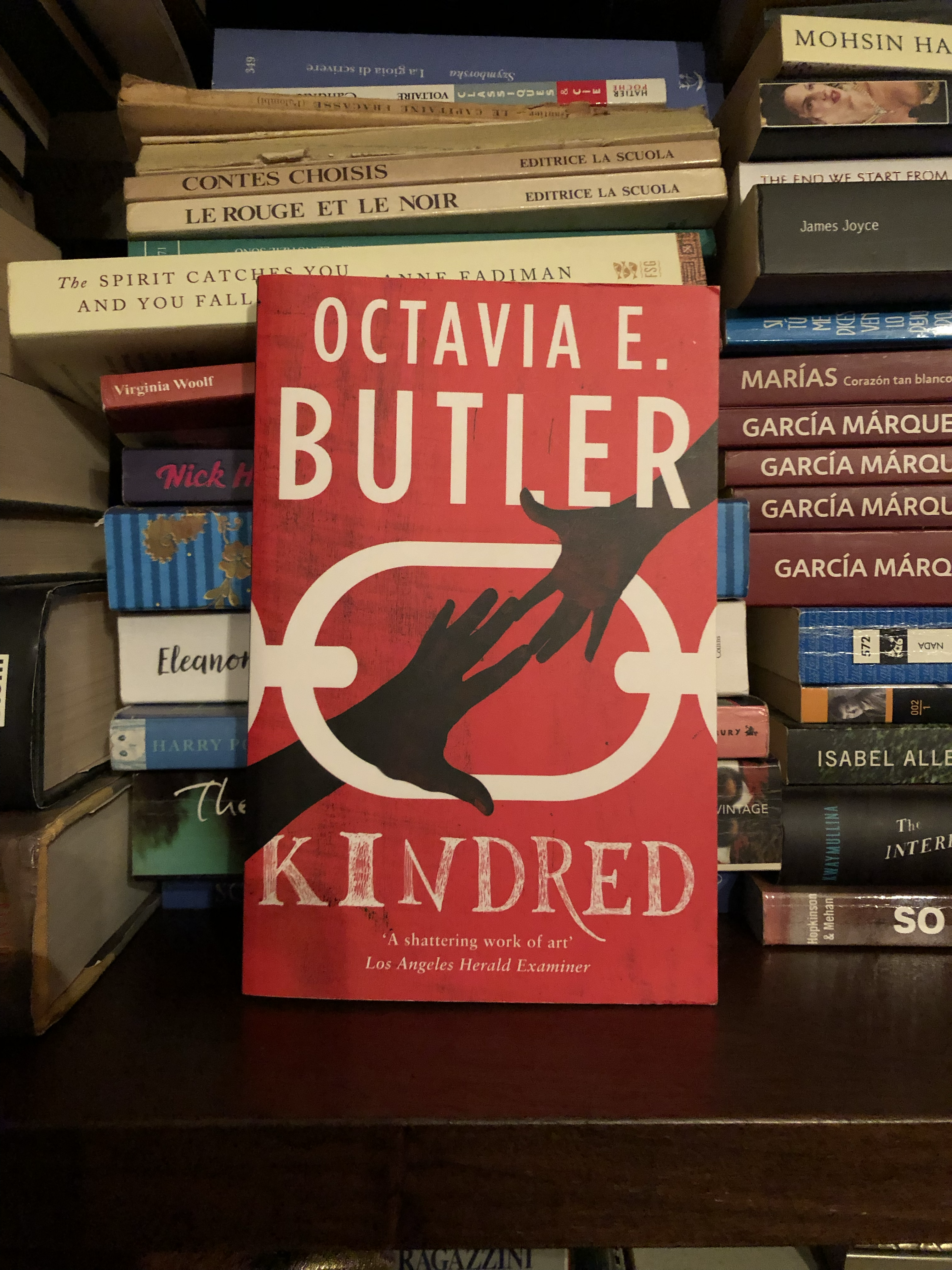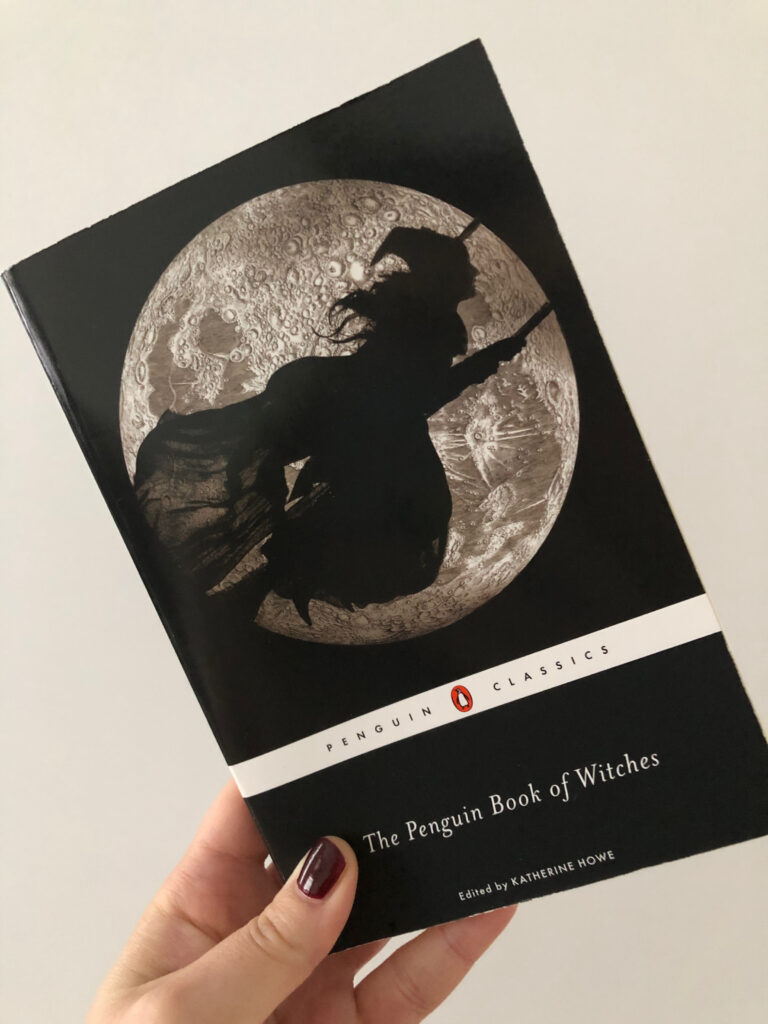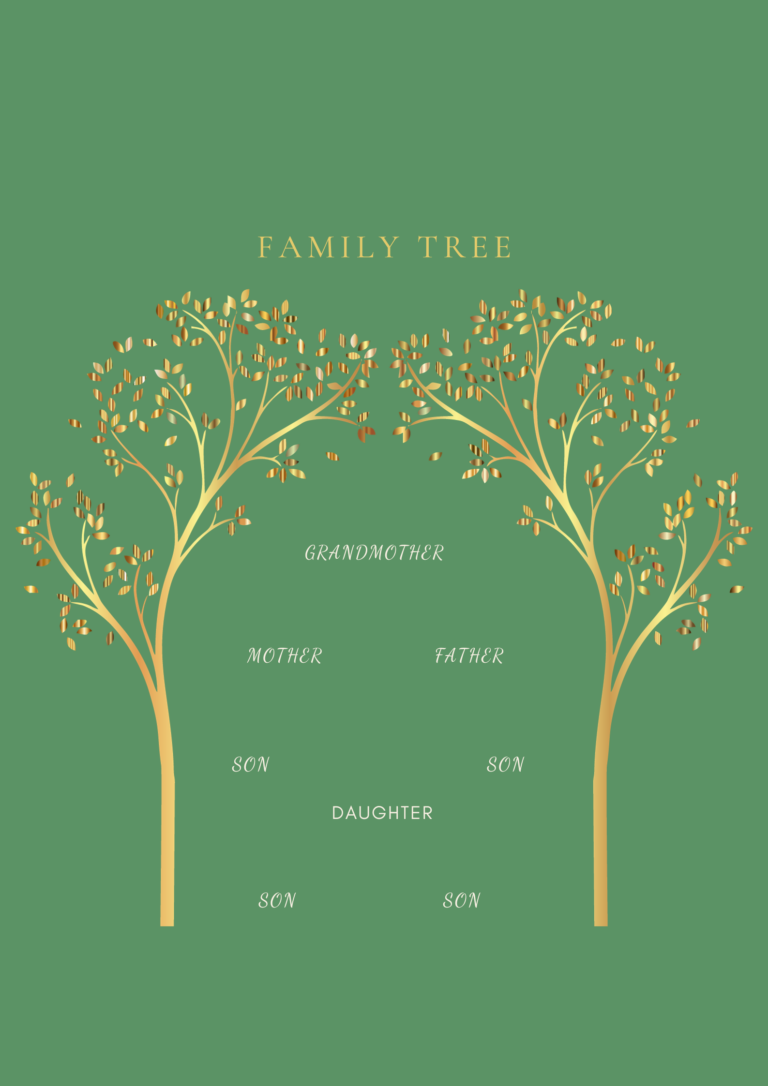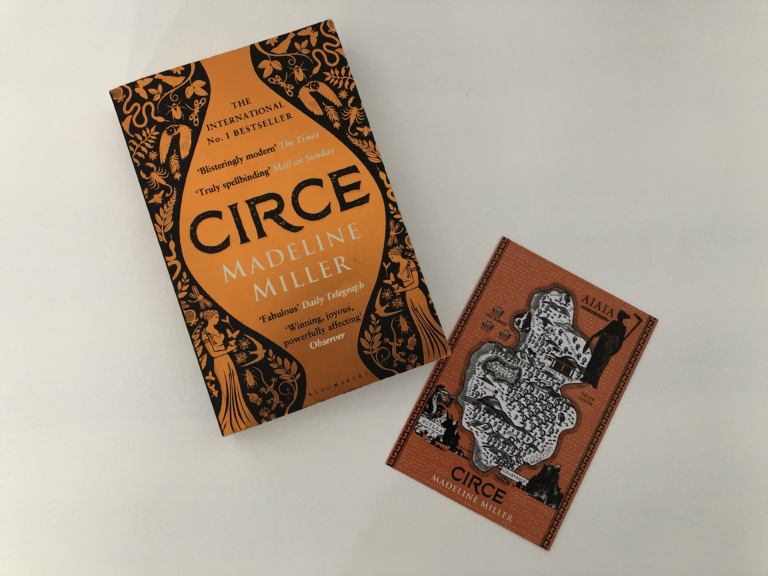“That’s history. It happened whether it offends you or not. Quite a bit of it offends me, but there’s nothing I can do about it.”
― Octavia E. Butler, Kindred
Octavia Butler‘s “Kindred” is a literary masterpiece that defies easy categorisation. Part science fiction, part historical fiction, and wholly brilliant, this novel is a remarkable exploration of slavery, identity, and the enduring legacy of America’s darkest chapter.
The story centers on Dana, a contemporary African American woman who inexplicably finds herself transported back in time to the antebellum South. She is thrust into the brutal and dehumanizing world of slavery, where she must navigate the horrors of plantation life while trying to make sense of her strange time-traveling experiences.
What sets “Kindred” apart is its unflinching portrayal of the harsh realities of slavery. Octavia Butler doesn’t shy away from depicting the cruelty, dehumanization, and violence that were an integral part of the institution. Through Dana’s eyes, we witness the degradation of human beings, the constant threat to one’s dignity and life, and the impossible choices faced by enslaved individuals.
Dana herself is a compelling and relatable protagonist. Her struggles to reconcile her 20th-century sensibilities with the harshness of the 19th-century plantation make her a character anyone can easily empathize with. Her journey from confusion and fear to a strong determination to survive and make a difference is both harrowing and inspiring.
On the other hand, the character of Rufus, the white plantation owner’s son with whom Dana shares a mysterious and complicated connection, is equally complex. Rufus’s evolution from a boy with some redeeming qualities to a man deeply entangled in the cruelty of slavery is a testament to Butler’s skill in character development.
Their relationship is central to the narrative, exploring themes of power, dependence, and the complexities of human connection.
What’s particularly striking about “Kindred” is how it delves into the psychological impact of slavery on both the enslaved and the enslavers. Butler doesn’t paint a simplistic picture of good versus evil. Instead, she shows how systemic oppression can corrupt even those who might have initially shown empathy. It’s a stark reminder of the insidious nature of racism and the damage it inflicts on individuals and society as a whole.
Butler’s writing is exquisite. Her prose is concise yet richly descriptive, allowing readers to feel the heat of the sun, the weight of the cotton, and the emotional turmoil of the characters. She skillfully weaves the past and the present, creating a narrative that is both compelling and thought-provoking.
The time-travel element adds a layer of complexity that keeps the you engaged, and the alternating between the past and present provides insight into how history shapes our contemporary lives.
“Kindred” is not just a novel about the past; it’s a reflection on the present and a call to action for the future. It challenges readers to confront uncomfortable truths about race, privilege, and the enduring legacy of slavery in America. Octavia Butler’s ability to address these issues with nuance and empathy is what makes her a literary luminary.
“Kindred” by Octavia Butler is a tour de force of storytelling that transcends genre boundaries. It’s a searing exploration of the horrors of slavery, a gripping time-travel narrative, and a powerful meditation on the enduring impact of history.
This novel is a must-read for anyone who appreciates thought-provoking literature that challenges the status quo and prompts reflection on the human condition. Octavia Butler’s “Kindred” is a timeless classic that will continue to resonate with readers for generations to come.
Want to give this book a chance? Here’s our Amazon Associates link to purchase this book.







